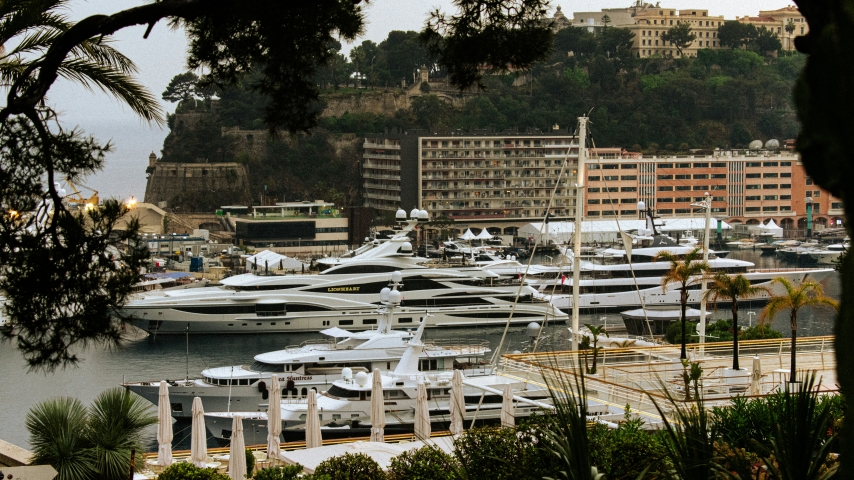
In a nation often synonymous with glamour and luxury, it is easy to forget that Monaco, with its towering skyline and dazzling harbor, is also home to a small but engaged population. Behind the wealth and prestige, the residents of this Mediterranean principality have their own concerns, priorities, and aspirations—ones that rarely make international headlines.
This month, in a move that underscores the importance of civic engagement in the microstate, Monaco's National Council launched a public questionnaire to better understand the priorities of its citizens. It is a significant step toward creating a more inclusive dialogue between the government and its people, many of whom live in the shadow of the country’s economic and social elites.
For Monaco’s government, which traditionally operates within the confines of a constitutional monarchy, the decision to seek input from the general population marks a notable shift in governance. This questionnaire allows residents to voice their views on a range of topics—from housing affordability and education to environmental sustainability and healthcare—offering a rare opportunity for Monégasques to shape the future of their country.
Monaco is an unusual place. With a population of just over 39,000 people, a significant portion of whom are foreign nationals, its demographics skew toward the affluent. Yet within this wealthy enclave, the average Monégasque’s daily concerns can be strikingly ordinary. For many, the same challenges that confront citizens in larger nations—access to affordable housing, educational opportunities, and environmental protection—loom large in Monaco, too.
The high cost of living, exacerbated by the demand for luxury properties, means that local families sometimes struggle to find reasonably priced homes. The government has made efforts to alleviate this, but it remains a persistent issue. Environmental concerns are also gaining traction, with a growing awareness of the impact of climate change on the Mediterranean region.
The National Council’s initiative to directly solicit feedback suggests that these issues are not lost on the nation’s leadership. But the real test lies in how they choose to respond.
Historically, Monaco has maintained a carefully calibrated balance between maintaining its status as a tax haven and addressing the needs of its local population. The principality’s monarchy, led by Prince Albert II, is widely respected, but it operates within a framework where elected officials like those in the National Council play a vital role in shaping public policy.
The launch of this questionnaire signals a potentially broader role for public opinion in the decision-making process. While such initiatives are common in larger democracies, they represent a relatively new approach for Monaco, where governance has often been more top-down.
The National Council, however, seems to recognize that in order to sustain Monaco’s long-term prosperity, they must address the everyday concerns of their constituents. By asking Monégasques what matters to them, the government demonstrates an openness to change and a desire to ensure that no one is left behind amid the glitz and glamour.
This questionnaire is more than just a tool for gathering data; it is a call to action for Monaco’s citizens. In a country where the line between public and private interests can sometimes blur, the importance of civic engagement cannot be overstated. The National Council is offering residents a chance to participate in shaping policies that could affect future generations, but the success of this initiative will depend on the willingness of Monégasques to make their voices heard.
For Monaco, a principality that thrives on its reputation as a playground for the rich and famous, this moment represents a pivotal opportunity to show that it is also a place where the voices of ordinary citizens matter. The priorities expressed through this questionnaire have the potential to redefine the country's future, balancing its glamorous image with the real needs of its people.
As Monaco charts its course forward, the decisions made in response to this initiative will offer a glimpse into the evolving relationship between government and citizenry in one of the world’s most unique nations. Whether the outcome is bold reforms or modest adjustments, one thing is clear: the voices of Monégasques are ready to be heard.
